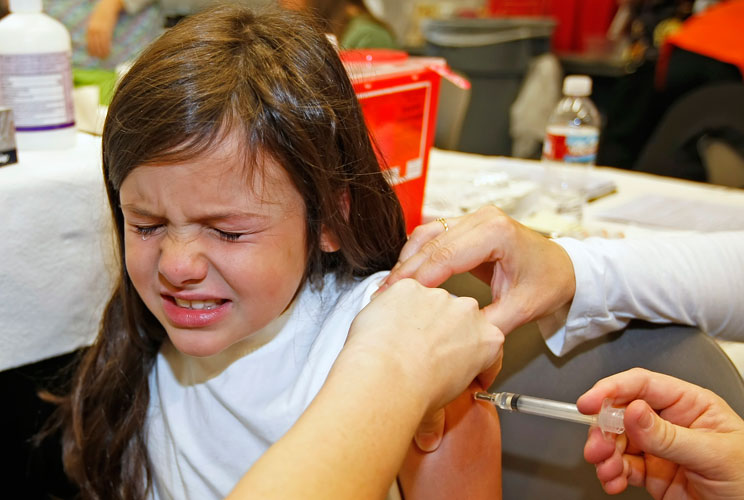

Recent data from NHS England has revealed a concerning decline in the uptake of all 14 key childhood vaccinations over the past year, prompting calls for the government to enhance frontline health services [b69150f6]. This decline comes despite a 2023 UK Health Security Agency (UKHSA) survey indicating that 88% of parents are satisfied with vaccine safety. However, the survey also highlighted disparities, with lower satisfaction rates reported among ethnic minorities and individuals from lower social grades [b69150f6].
In response to the declining vaccination rates, the NHS introduced a new vaccination strategy in December 2023 aimed at simplifying appointment bookings to encourage higher participation [b69150f6]. This initiative is part of a broader effort to ensure that children receive the necessary vaccinations to protect their health and prevent outbreaks of preventable diseases.
Routine childhood vaccinations have historically delivered significant benefits, preventing approximately 508 million lifetime cases of illness, 32 million hospitalizations, and 1,129,000 deaths over the past three decades, according to a report by the Centers for Disease Control and Prevention (CDC) [927fc408]. The CDC report also noted that these vaccinations have resulted in a net savings of $540 billion in direct costs and $2.7 trillion in societal costs [927fc408].
The CDC emphasized the importance of the Vaccines for Children program, established in 1994, which provides vaccines at no cost for children from families that cannot afford them. This program has been vital in ensuring equitable access to vaccinations [927fc408].
The findings from both the NHS and CDC reports underscore the critical role of childhood vaccinations in safeguarding public health and reducing healthcare costs. They highlight the urgent need for governments to address barriers to vaccination uptake and ensure that all children receive the protection they need [927fc408][b69150f6].